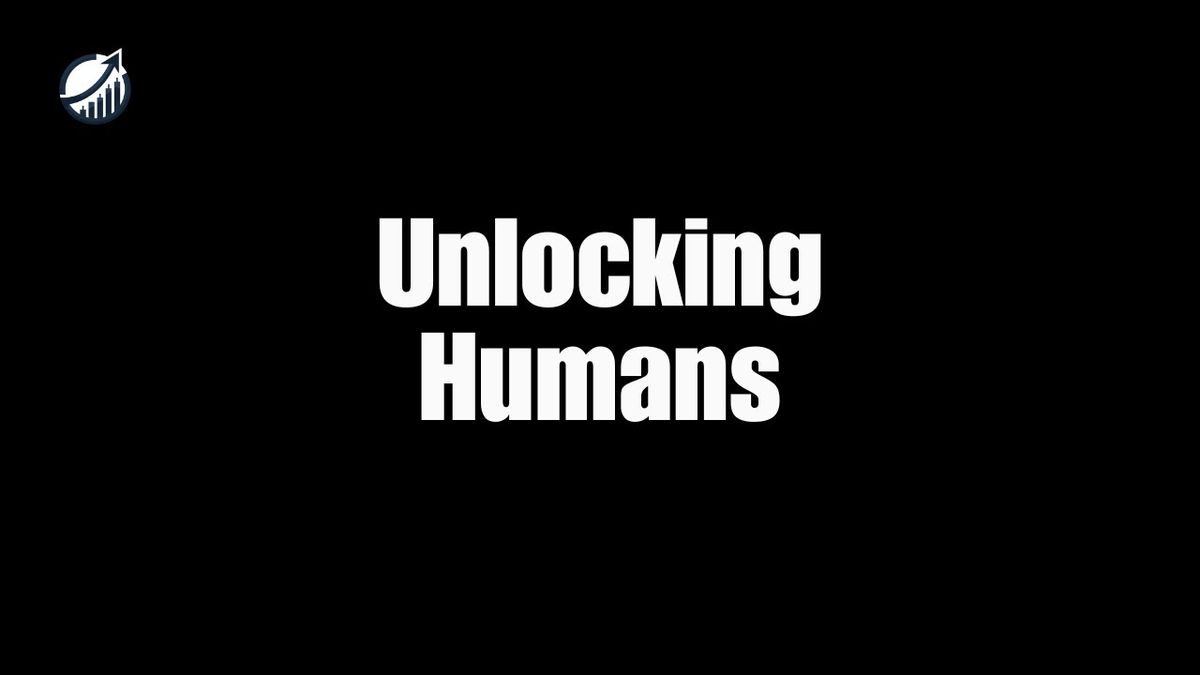Valuing People as Assets: A New Paradigm for Policy Makers
Converting information from the Youtube video "Unlocking Human Potential: The World's Most Undervalued Asset" to focus on Policy Makers and Government officials

Introduction
In the realm of public policy and governance, the most overlooked yet pervasive resource is human potential. The idea that "people are the world's most undervalued asset" carries profound implications for how we structure work, education, and even societal systems. As policymakers and government officials, acknowledging the inherent value in people can lead to substantial, systemic transformations.
The Current Paradigm: An Inefficient Use of Human Resources
Traditional employment models are wrought with inefficiencies. Companies typically define job roles with stringent criteria, filtering potential hires through narrow lenses. Once employed, workers are often squeezed for maximum output at minimal pay, leading to burnout or disengagement. The existing systems do not reward efficiency; instead, high-efficiency workers are often burdened with more tasks without corresponding increases in compensation or personal growth opportunities. This misalignment stifles innovation and productivity.
The Hidden Potential: People as Lifelong Learners and Adaptors
People are naturally inclined to learn and adapt continuously—an observation clearly seen among software engineers who thrive because their industry necessitates constant learning. Despite creating substantial value through their adaptive skills, many workers are underpaid relative to their contributions. These individuals often end up seeking better opportunities elsewhere, creating a churn that benefits neither the employee nor the employer in the long term.
The Misalignment of Incentives
One of the fundamental flaws in the current system is the adversarial relationship between employers and employees. Employers focus on minimizing payroll costs while employees aim to maximize their earnings, often leading to inefficiencies and wasted potential. This adversarial setup incentivizes employees to play office politics instead of genuinely developing their skills, thereby destroying potential value that could benefit both parties.
The Concept of Abundant Systems
Contrary to scarce systems, where competition and complexity proliferate, abundant systems emphasize growth and shared prosperity. In an abundant system, individuals are allowed to grow at their own pace, contributing to their personal development and, consequently, the organization's overall success. Such systems eliminate the need for adversarial relationships and create environments where innovation can thrive.
A New Strategy: Valuing People for Their Potential
Imagine a framework where individuals are incentivized to explore and develop their interests while receiving a stable income. This shift would enable workers to grow in roles that suit their evolving skills and interests. Companies could then harness a broader spectrum of talents and foster a culture of continuous improvement and innovation. This vision isn't just theoretical. Consider the experiment wherein 10 global employees receive a steady salary while being empowered to carve their career paths. This setup can lead to higher efficiency, greater job satisfaction, and unparalleled creativity.
Importance for Policymakers
For policymakers, the adoption of these principles could be transformative. Policies supporting flexible job roles, continuous learning, and systemic stability can create environments where people are fully engaged and productive. This shift could result in significant economic and social benefits, including reduced turnover rates, higher productivity, and a more innovative workforce.
Conclusion
To genuinely transform our economies and societies, we must start viewing people as invaluable assets rather than mere cogs in a machine. The benefits of an abundant system are profound, encompassing increased innovation, productivity, and overall well-being. Policymakers have the power to implement these principles, fostering environments where human potential is not just recognized but celebrated and nurtured. Let's reimagine our future, starting today.

